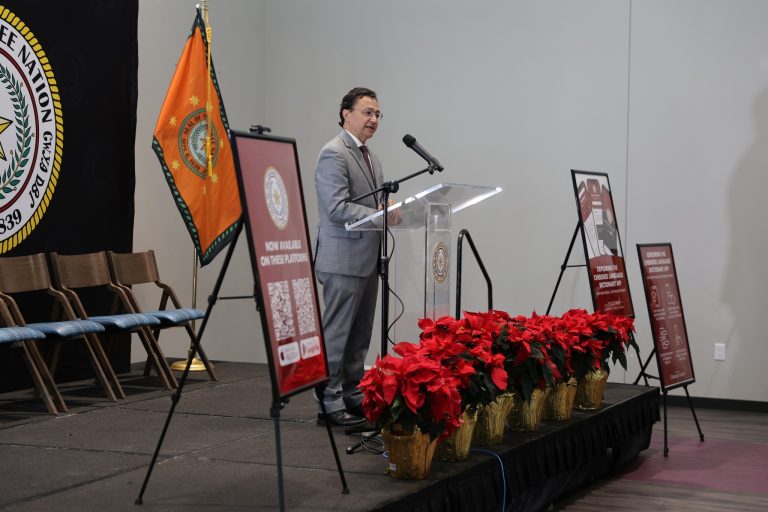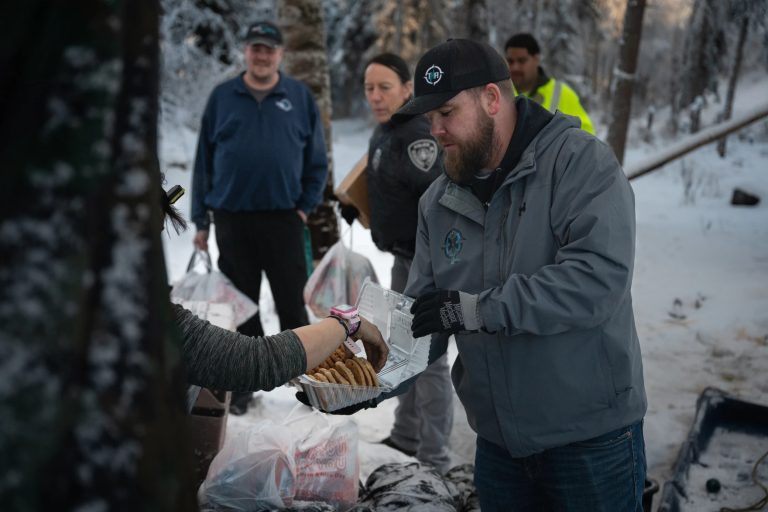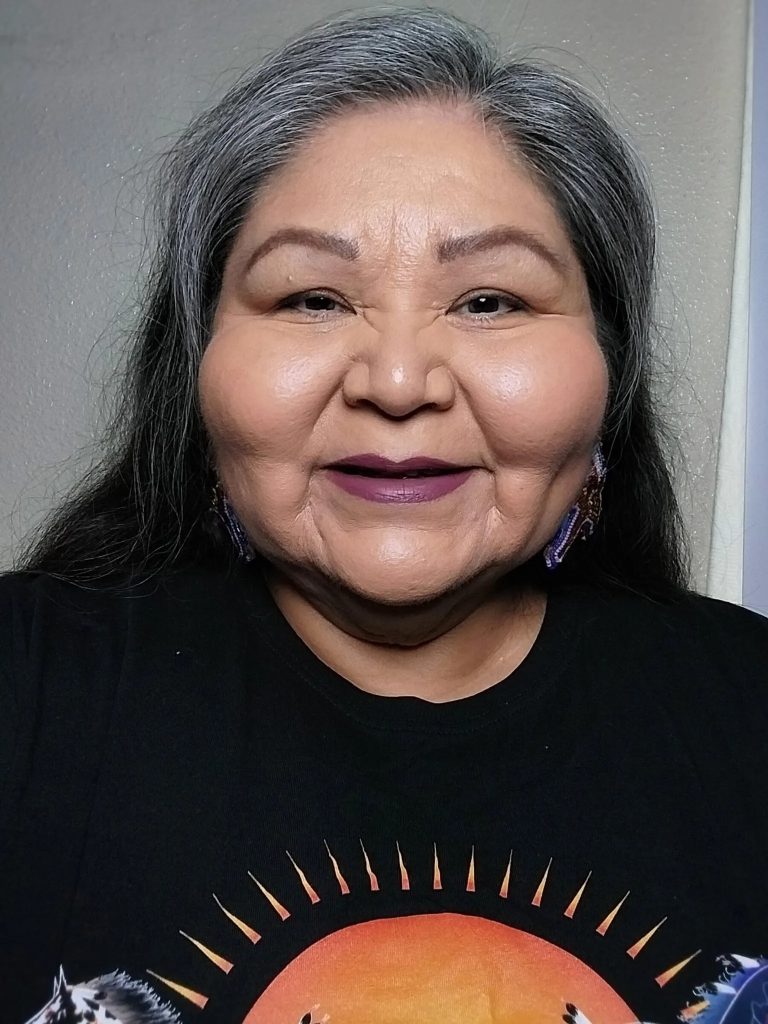Podcast: Play in new window | Download | Embed
The Alaska State Senate recently passed its version of a bill that would clear the way for the state and tribes to begin work on education compacting. The legislation will now head to the House. As KYUK’s Olivia Ebertz reports, the Senate bill has been updated to give tribes more time to plan out pilot projects.
The bill, SB 34, was originally written to allow the state department of Education and Early Development to allow a series of tribal compacted pilot project schools. Under this version, the schools would have opened as soon as the fall of 2023. The Senate Education Committee substituted it with another bill that gives the education department and tribes more time to flesh out what the five pilot projects will look like.
The bill also establishes a firm deadline for tribes to sign up to be a part of the pilot program. Once the schools and tribes have plans in place, then, the Department of Education will have to present its final plans to the next legislature. Education Department Tribal Liaison Joel Isaak said this extra time is critical for the tribes to plan the schools they want, and to get legislators on board.
“So, the immediate effect is the time to scope, the time to come up with a plan, and it brings tribes directly into the process.”
The bill says five schools will be chosen for the pilot projects, and, if all goes well, the five pilot project schools could open as soon as fall 2025. In tribal education compacting, tribes can tailor their students’ education to their own needs, which they hope could rectify the low rates of graduation and attendance among Alaska Natives. Tribal-education compacting in Alaska is based on the success of tribal-compacted schools in Washington state.
According to a study done by Evergreen State University, students at three compacted schools in Washington showed improvement in the following areas: graduation and retention rates, reputation, enrollment, teacher recruitment and retention, and student connection to culture.
This tribal education compacting bill is part of a larger effort this year by the Alaska State Legislature to tackle poor student outcomes in Alaska. This legislative session, House and Senate committees have considered improving student achievement through secondary trade school, bilingual education and reading standards.
The Senate passed SB 34 with only one nay vote, from Eagle River Senator Lora Reinbold. Reinbold said she opposed it on the grounds that she doesn’t understand how tribes get their members.
“We need to know exactly what the Tribe is, what they stand for, who’s allowed to be in, etcetera.”
Several tribes from the YK Delta have expressed strong interest in tribal education compacting. Tribal Education Liaison Joel Isaak says that list includes, but is not limited to: Hooper Bay, Akiak, Akiachak and Tuluksak. He said the Association of Village Council Presidents is also interested.
The Senate bill will now head to the state House, where it will meet up with its House counterpart, HB 351. The House version differs from the Senate version, but the two will likely be reconciled in the House. Both the Alaska Federation of Natives and the Department of Education support the Senate’s version of the bill.
 For the first time in two years, students, staff, and the public took part in the University of Kansas First Nations Student Association’s Powwow and Indigenous Cultures Festival on Saturday in Lawrence, Kansas. People were eager to celebrate after the annual event was put on hold due to the pandemic. Rhonda LeValdo has more.
For the first time in two years, students, staff, and the public took part in the University of Kansas First Nations Student Association’s Powwow and Indigenous Cultures Festival on Saturday in Lawrence, Kansas. People were eager to celebrate after the annual event was put on hold due to the pandemic. Rhonda LeValdo has more.
Hundreds of people came to experience the KU First Nations Student Association or FNSA powwow and festival. It had many activities beyond the powwow including lectures, storytelling and cultural demonstrations. Lori Hasselman, Native American Student Success Coordinator, says they heard great comments.
“It is a really nice day and I think that brought people out and this is the first powwow we had since the pandemic and the first one outside, it is going really great. “
 One of the panels included Rep. Sharice Davids (D-KS / Ho-Chunk) talking about her children’s book Sharice’s Big Voice and how she wanted all people to feel included in her writing as not only one of the first two Native American women elected to Congress, but the first openly LGBTQ+ congressperson to represent Kansas in Washington.
One of the panels included Rep. Sharice Davids (D-KS / Ho-Chunk) talking about her children’s book Sharice’s Big Voice and how she wanted all people to feel included in her writing as not only one of the first two Native American women elected to Congress, but the first openly LGBTQ+ congressperson to represent Kansas in Washington.
“When I was going through and deciding what kind of stories I wanted to tell…so many different paths to exist and they are all okay, there is not one right way to do life.”
One special guest was Director of KU Basketball Operations Fred Quartlebaum, who brought the 2022 Men’s NCAA National Basketball trophy to the powwow, which thrilled many fans.
Get National Native News delivered to your inbox daily. Sign up for our newsletter today.




